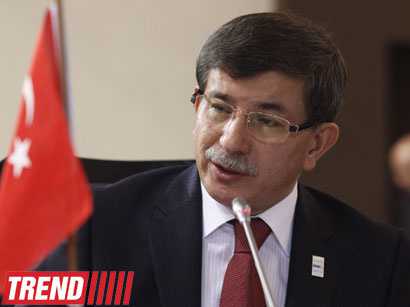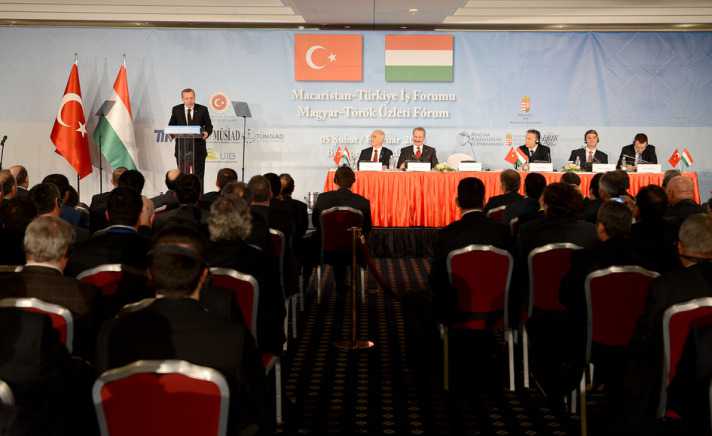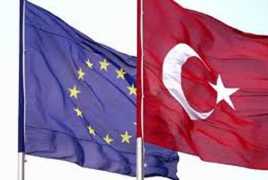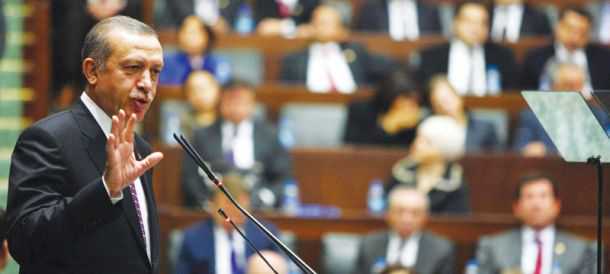LONDON — A half century after taking the first steps toward becoming an integral part of Europe, Turkey may be ready to give up.
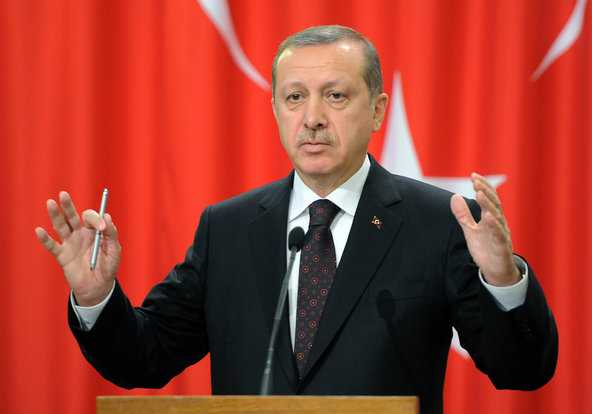
After heavy hints that Ankara is looking eastwards to a closer alliance with Asia, Recep Tayyip Erdogan, the prime minister, said this week that membership in the European Union was not a must for Turkey.
“It is not the Apocalypse if they do not let us in the E.U.,” Mr. Erdogan told reporters during a visit to Budapest on Wednesday, as he launched his latest broadside against the Union’s alleged delaying tactics to keep his country out.
His remarks followed a news conference earlier this week in Prague, where Mr. Erdogan described the delay in granting membership to Turkey as “unforgivable.”
These and similar expressions of frustration have come as Turkey approaches the 50th anniversary of an agreement with what was then the European Economic Community, which was to have led to eventual full membership in the bloc.
Mr. Erdogan set the tone in a television interview last month in which he accused the E.U. of dragging its feet because Turkey was an Islamic nation.
As my colleague Andrew Finkel wrote from Istanbul, the prime minister also “threw the diplomatic equivalent of a cream pie” into the debate by suggesting Turkey join the Shanghai Cooperation Organization instead.
Membership of the S.C.O., which groups Russia, China and central Asian states, is not widely viewed as a viable alternative to joining Europe. Andrew wrote that Mr. Erdogan’s proposal prompted Turkish columnists to ask whether he might be bluffing in an attempt to put pressure on the Europeans.
The same question was posed this week by Pravda.ru, a Russian news Web site: “The first thought about the purpose of such statements is the fact that Turkey is trying to express its disappointment with the stalled negotiations on accession to the E.U.”
But it did not rule out the possibility that Mr. Erdogan might be seeking power “wherever his country’s economic strength is consistent with its geopolitical needs as a global player,” in contrast to a weak Europe that was preoccupied with its internal problems.
Washington has suggested that Turkish membership in the S.C.O., a security organization viewed as an anti-American bulwark in Central Asia, might be problematic in view of the Turkish role in N.A.T.O.
“Obviously it would be interesting, given the fact that Turkey is also a N.A.T.O. member,” Victoria Nuland, the State Department spokeswoman, said last week.
Hugh Pope, the International Crisis Group’s project director in Turkey, suggested that Mr. Erdogan was courting popularity by bashing the Union.
Turks are frustrated not only by delays in the membership process, he told Rendezvous, but also by the draconian visa regulations they face when traveling to Europe. Potshots aimed at Turkey by European critics were also deeply offensive to Turks, he said.
“But joining the E.U. is not rocket science,” he added, emphasizing that Turkey had to meet the requirements of the club if it wanted to join. This would include making domestic reforms and changing its policy on Cyprus, an E.U. state that it refuses to recognize.
Mr. Erdogan’s recent remarks on Europe might not indicate that Turkey is quite ready to break off the world’s longest engagement.
Murat Yetkin, of the Turkish daily newspaper Hurriyet, commented on Wednesday: “It is…clear that Turkey-E.U. relations cannot go on like this any longer; another chapter this year, a pointless agreement the next.”
However, he wrote, “it seems that neither Turkey nor the E.U. wants to be the first to declare divorce. Perhaps because both sides know that it would be a strategically wrong move.”
via Turkey Hints at a Breakup With Europe – NYTimes.com.
